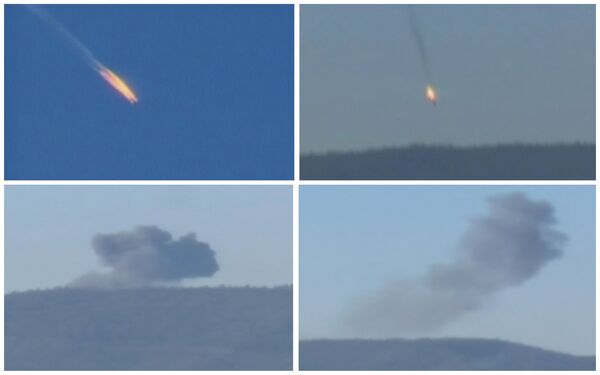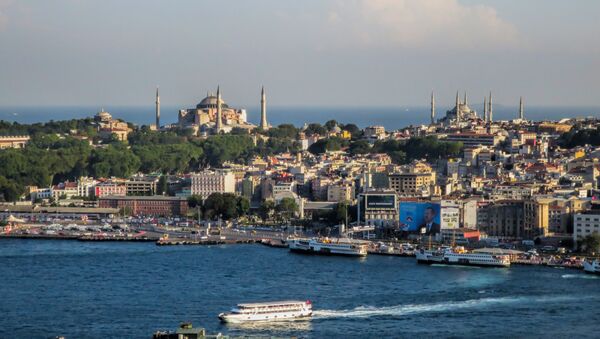"If we take natural resources, geography and the structure of industrial economics into account, Turkey and Russia could probably be called the most complementary countries in the world. What one lacks, the other has in abundance," Zeybekci said.
In this context, the cold spell between the nations, he added, will not last forever. For Zeybekci, it's a matter of "common sense."

Relations between Moscow and Ankara were damaged after a Turkish Air Force F-16 fighter jet shot a Russian Su-24 bomber out of the Syrian skies, citing an airspace violation that did not take place. One of the pilots was killed by Turkmen rebels, while the copilot was retrieved in a rescue operation.
President Vladimir Putin has indicated that Russia was willing to resume its relations with Turkey, but Ankara will have to go through all the necessary steps, including an apology and compensation for the incident.
Turkey also wants to restore relations with Russia, but maintains that it was within its rights to shoot down the plane that was on an anti-Daesh mission in northern Syria.
The Turkish government "has not discussed this issue," Zeybekci noted, adding that it cannot be discussed. "Turkey has nothing to apologize for. But I want to emphasize that the incident and the events that followed have certainly afflicted us."
Earlier this month, Turkish President Recep Tayyip Erdogan sent a letter to Putin, congratulating him on Russia's Day. Zeybekci called the note a "positive" sign. "I am an optimist. This is why I tend to view this step as a positive signal for the future of our relations," the minister noted.
Indeed, there appears to be ground for cautious optimism, at least when it comes to business cooperation between the two countries.
"Both sides are making steps that point to good will to improve relations. We could say that both sides have adopted a positive approach to resolving this problem," he observed.


